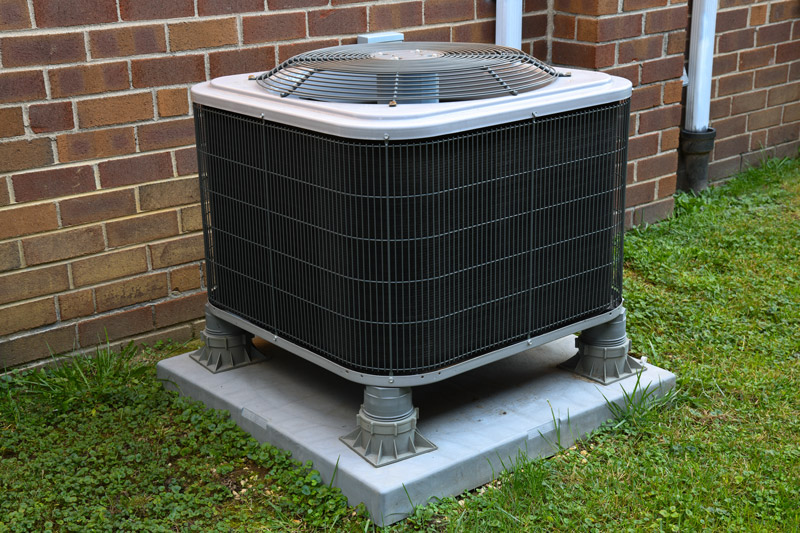Your HVAC system is vital to your home. But an inefficient or outdated HVAC system can lead to increased energy consumption and higher utility bills.
Your HVAC system is vital to maintain a comfortable living environment in your home. But, inefficient HVAC systems can lead to higher energy consumption and utility bills. In this article, we talk about the signs that your HVAC system is wasting energy and money. If any of these signs speak to you, you may need a replacement.
High Energy Bills
One of the most common signs that your HVAC system is not efficient is a sudden increase in your energy bills. Energy costs can fluctuate due to seasonal changes. If you notice a consistent rise in your bills without significant changes in usage, this is an issue. It could be a sign that your HVAC system is working harder than it should to maintain the temperature.
Uneven Temperature Distribution
Have you noticed that some rooms in your home are always warmer or cooler than others? It could be a sign that your HVAC system is struggling to distribute air throughout your home. This issue can result from several factors like poor ductwork or insulation. But, it could also be due to an aging HVAC system that can’t maintain consistent temperatures.
Frequent Repairs
Another sign of an inefficient HVAC system is if you always call for repairs. As your system ages, components can wear down and become less efficient. This leads to more frequent breakdowns. If you’re spending more on repairs than you would on a new system, it may be time to consider a replacement.
Excessive Noise
While some noise from your HVAC system is normal, excessive or unusual sounds could be a problem. If you hear banging, rattling, or squealing, something may be wrong with the internal parts. These issues can lead to decreased efficiency and increased energy consumption.
Poor Indoor Air Quality
An inefficient HVAC system can also impact your home’s indoor air quality. If you notice an increase in dust, allergens, or humidity levels in your home, it could be a sign that your system is not filtering and circulating the air. A new, efficient HVAC system can help improve indoor air quality. These new systems are excellent at removing pollutants and maintaining proper humidity levels.
Aging Equipment
The average lifespan of an HVAC system is around 15-20 years. But, this all depends on the type and quality of the system and how often a professional has maintained it. If your system is nearing the end of its lifespan and is not working as well, consider a replacement. Newer systems are more energy-efficient, which can save you money in the long run.
Conclusion
If you notice any of these signs, it’s essential to have a professional check your HVAC system. They can determine if a repair or replacement is necessary. Investing in a new, energy-efficient system might be the best solution for your family. It can save you money on your energy bills and improve your home’s comfort and indoor air quality. If you would like to invest in a new energy-efficient HVAC system, contact Ardmore Fresh Air. We can install your new system and maintain it throughout the year.

